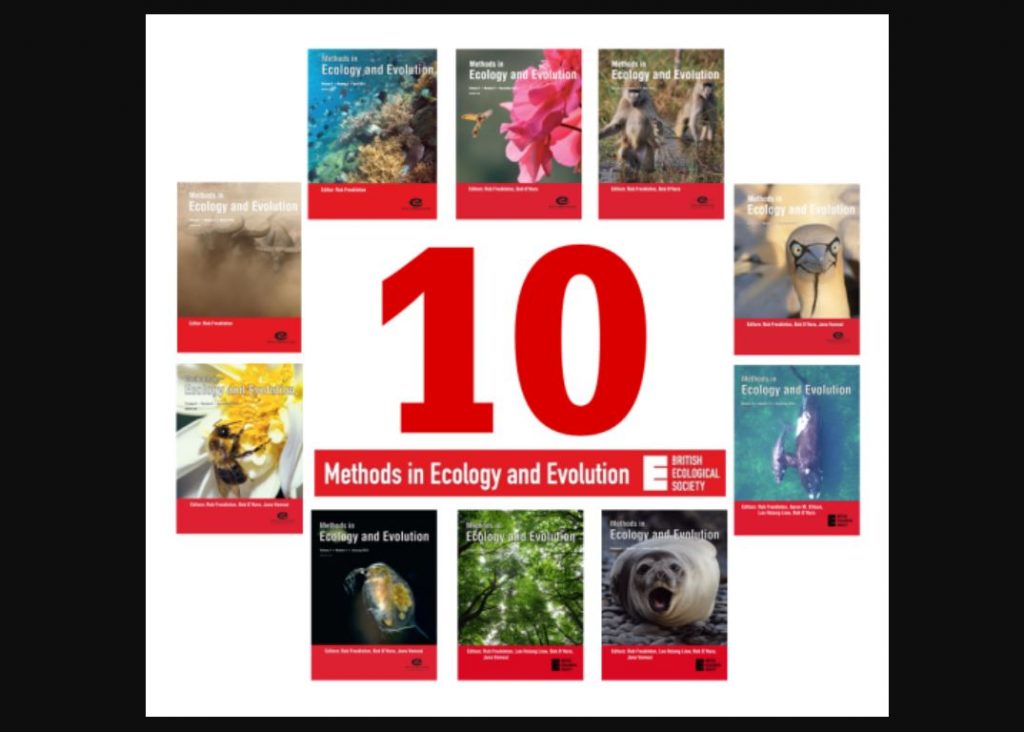Dr Eleni Matechou, Senior Lecturer in Statistics at SMSAS, has contributed a blog post to Method.blog about her article ‘Estimating age‐specific survival when age is unknown: open population capture–recapture models with age structure and heterogeneity’ (Matechou et al., 2013)
Eleni’s article was selected to appear in Volume 4 of the journal Methods in Ecology to celebrate the 10th Anniversary of the launch of the journal. The article demonstrates the use of a recently developed capture–recapture model for extracting age-dependent estimates of survival probabilities for individuals of unknown age and extends the model by allowing for heterogeneity in survival and capture probabilities using finite mixtures. Using simulation, the researchers show that the estimates of age-dependent survival probabilities when age is unknown can be biased when heterogeneity in capture probabilities is not modelled, in contrast to the case of time-dependent survival probabilities when the estimates are robust to similar violations of model assumptions. The methods are demonstrated using a long-term data set of female brushtail possums (Trichosurus vulpecula Kerr) for which age-specific models for survival probabilities indicating senescence are strongly favoured.
In her blog post, Eleni describes the background to her article: ‘At the time I was studying for my PhD, there was a lot of interest within the Max Planck Institute for Demographic Research (MPIDR) on modelling senescence for wildlife populations, which is challenging because ages of individuals in the wild are typically unknown. During the Euring 2007 conference (Dunedin, New Zealand), Professor Shirley Pledger presented a new open–population model for capture–recapture data that allowed for retention probability to be a function of the unknown time spent at a migration stopover site’.
Eleni also writes about developments since the article was published: ‘Understanding age-specific survival, and how this might change over time, is a vital aspect of contemporary ecology in a world subject to climate warming. This is why models for estimating age–specific survival probabilities when age is unknown (or the equivalent for stopover data) remain of interest and new modelling approaches are still being developed for this purpose’.
The full article is available to read on the journal’s website, here:
https://besjournals.onlinelibrary.wiley.com/doi/full/10.1111/2041-210X.12061

